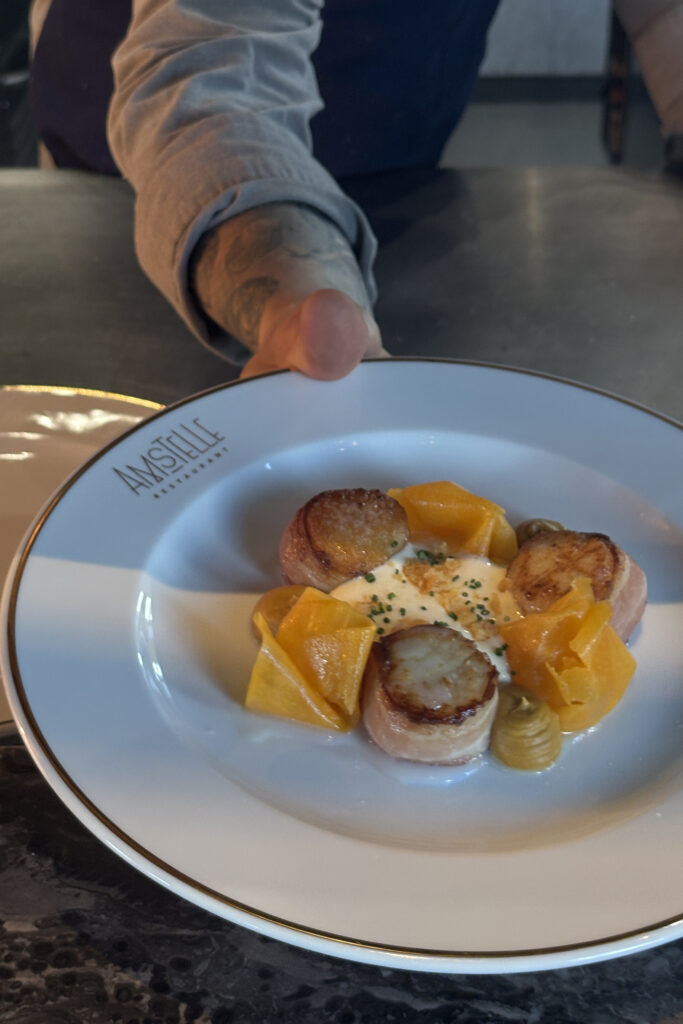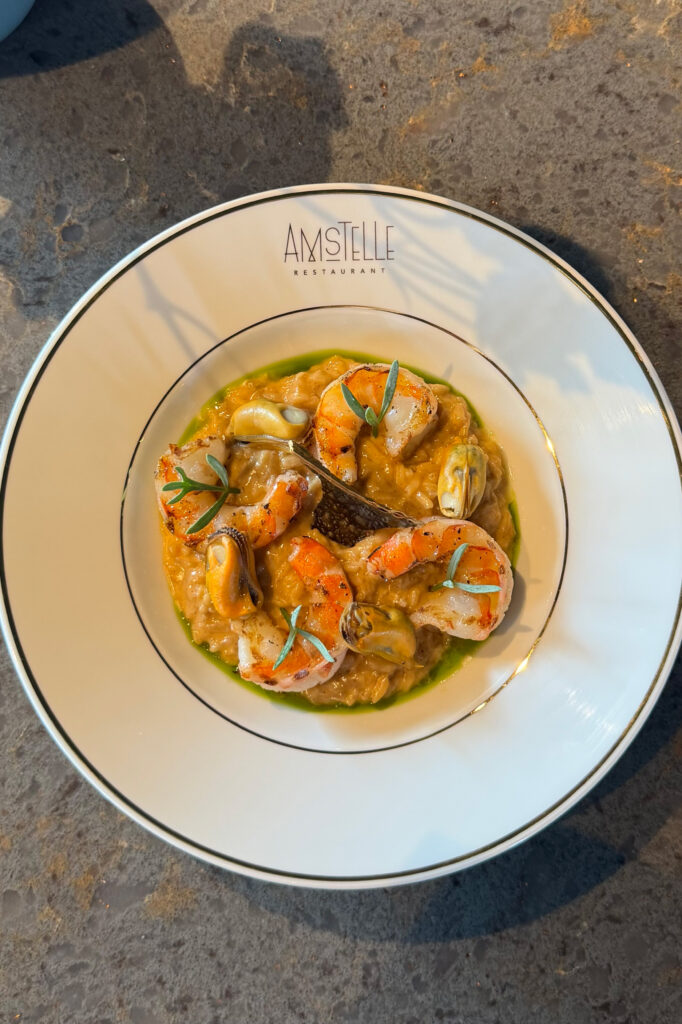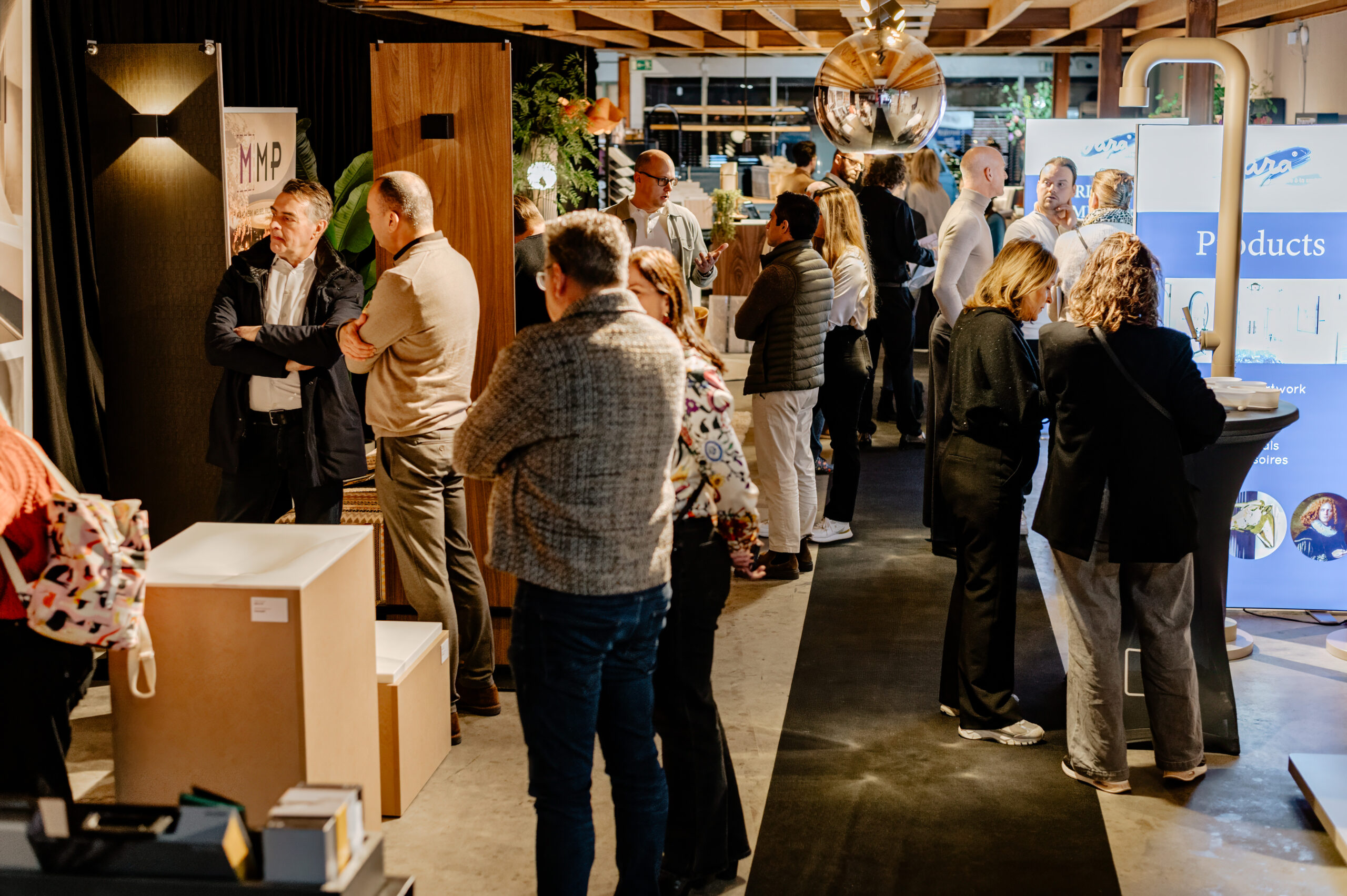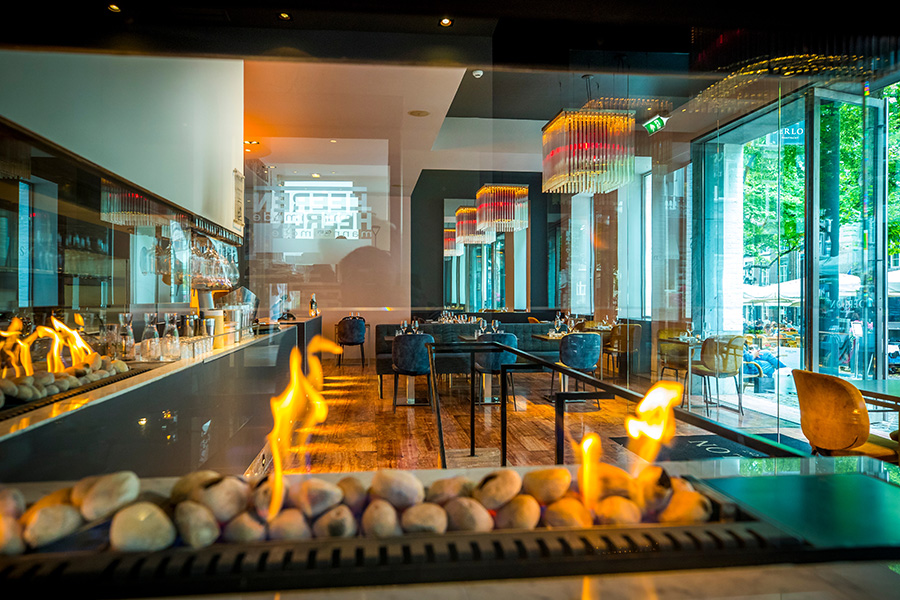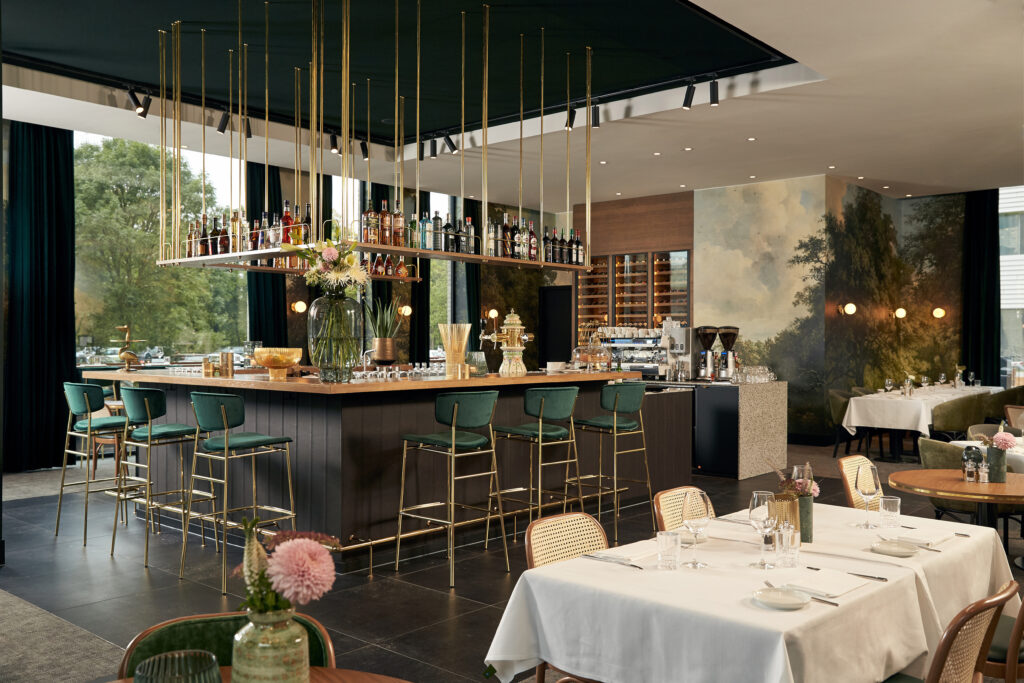
Van der Valk Hotel Amsterdam Amstel opts for biodiversity
New menu as proud supporter of 'Biodiversity on Your Plate' (BOJB)
Van der Valk Hotel Amsterdam Amstel will this week start cooking according to Dutch Cuisine's new Biodiversity On Your Plate (BOJB) principles. The menu features many new dishes using Dutch products from farmers and fishermen that contribute to the conservation and restoration of biodiversity in our country. After months of preparation, planning, recipe adjustments and talks with new suppliers, Amsterdam's Van der Valk Hotel is one of the first in the chain to set its sights on biodiversity.
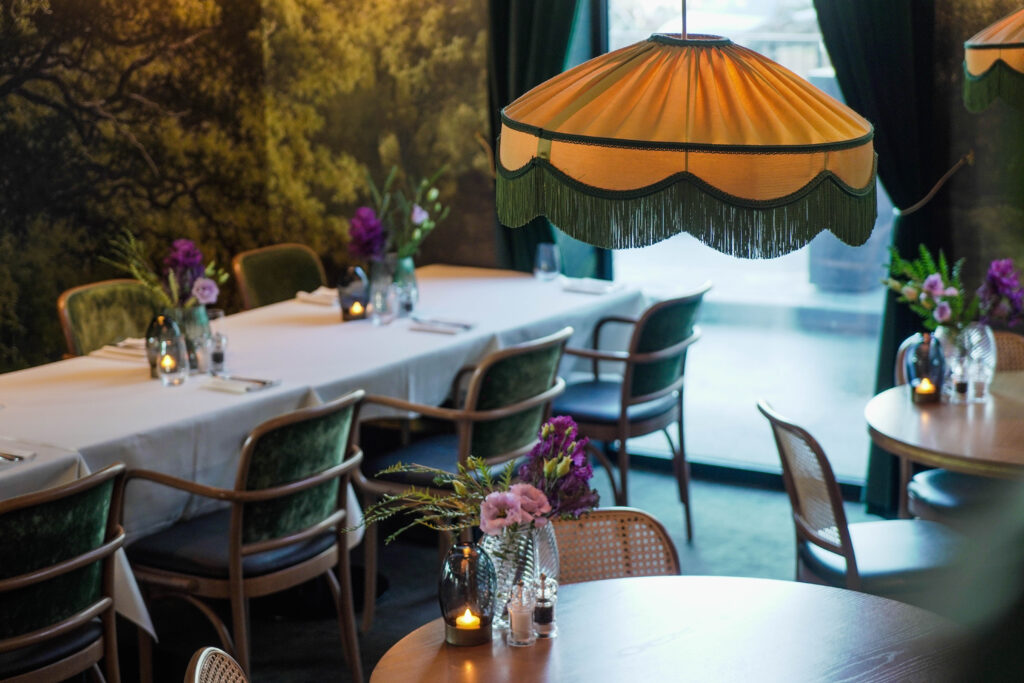
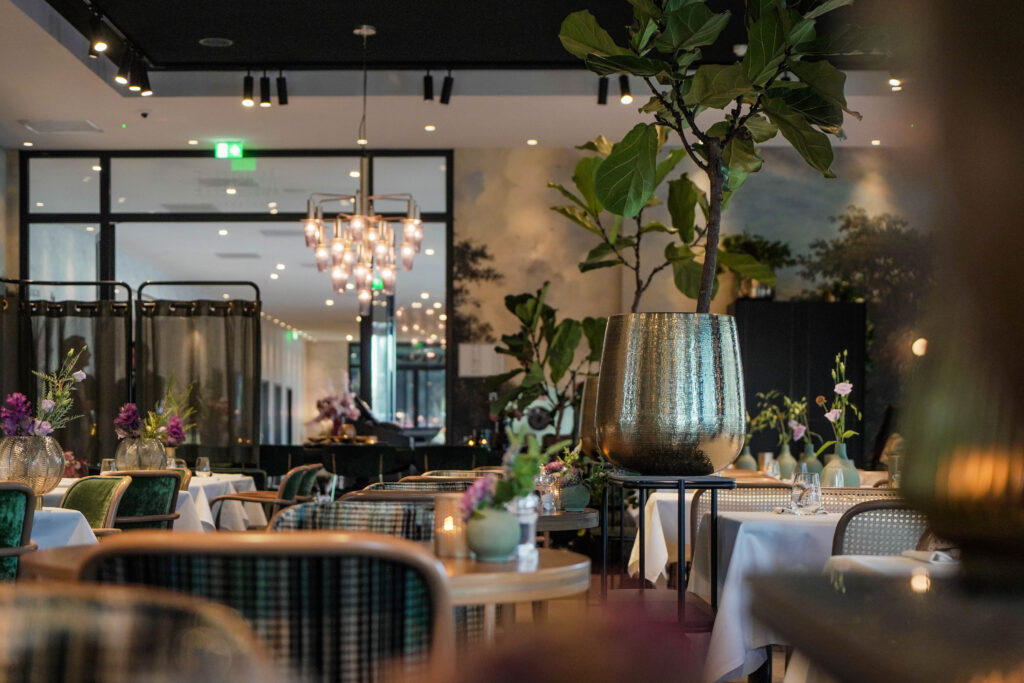
Long trajectory
According to Yuri Hovius, executive chef of the hotel, it has been a long journey: "We wanted to integrate sustainability even more into our operations and then, after reducing food waste, you automatically end up with your ingredients and the impact on the food chain. We have been in discussions with our suppliers for more than a year about labels for different products. Which products are truly traceable to the source? Which ones are the most 'planet proof' and then also have good quality? We hope to make an impact on the chain through our participation in BOJB, because the more hospitality and catering companies are more critical of their products, the sooner the impact will come."
Kyra Bommeljé, Operations Manager: "We have our own distribution centre at Van der Valk, they provide the best purchasing conditions and partnerships with suppliers. We have explored all possibilities with existing and new suppliers and have now drawn up the menu with products sourced directly by our own distribution centre, as well as, for example, European meat from Driessen Food and organic fruit and vegetables from Van Gelder."
The hotel already holds a Gold Green Key Certificate, works with Too Good To Go against food waste, plants trees through the Green Stay programme, and aims to reduce carbon emissions every year. Focusing the menu was the next logical step in the sustainability journey
Dutch Cuisine
Biodiversity On Your Plate is an initiative of Dutch Cuisine. Many small farmers, fishermen and other producers were already contributing to biodiversity by avoiding deforestation, preventing overfishing and reducing CO2 emissions. There was little recognition of this, as product sourcing was mainly driven by price. The BOJB programme now offers them a helping hand, and the aim is to increase demand for these products within the hospitality and catering sector.
